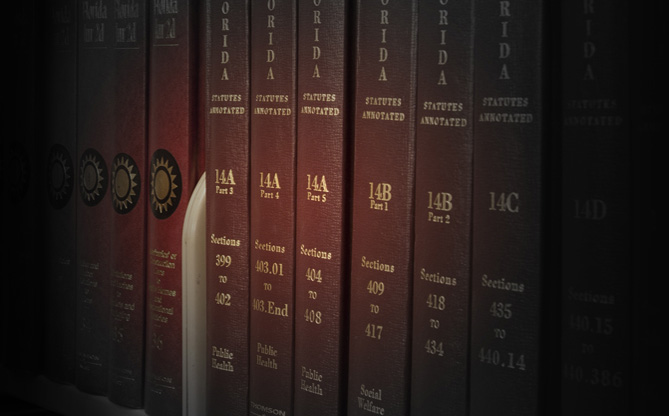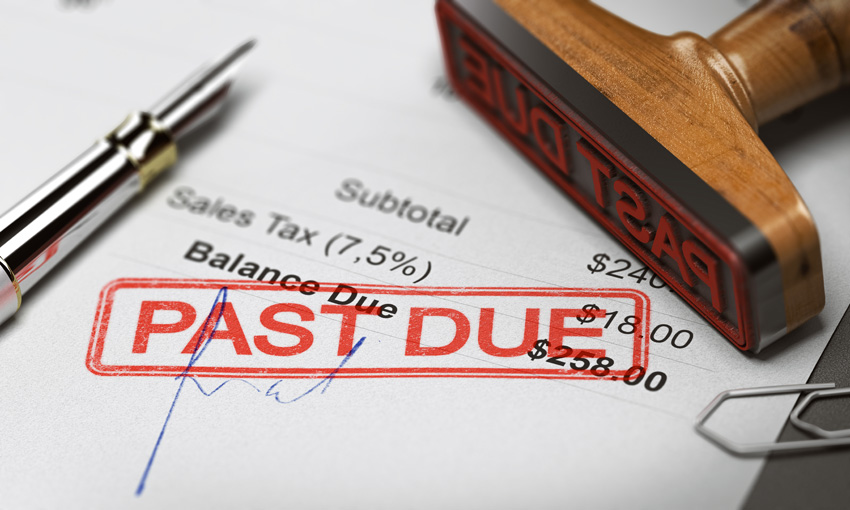The Eleventh Circuit Court of Appeals’ recent decision, Hunstein v. Preferred Collection and Management Services, Inc., may have changed the industry standard for debt collectors in Florida, Georgia, and Alabama who use third-party vendors to prepare and mail collection notices. The Court itself expressly recognized that it’s decision, which interprets section 1692c(b) of the Fair Debt Collections Practice Act (the “FDCPA”), “runs the risk of upsetting the status quo in the debt-collection industry” and invited Congress to weigh in if it believes the Court made the wrong decision or if it believes the Court reached the correct decision, but nevertheless feels the FDCPA should be changed to better balance consumer privacy with debt collection industry practices.
In this case, Richard Hunstein sued Preferred Collection and Management Services, Inc. alleging that the debt collector violated the FDCPA, at 15 U.S.C. section 1692c(b), when it electronically transmitted data about the consumer’s debt to a third-party vendor so that the vendor could prepare and send a “dunning letter” to Mr. Hunstein. Section 1692c(b) provides that, subject to some exceptions, “a debt collector may not communicate, in connection with the collection of any debt, with any person other than the consumer, his attorney, a consumer reporting agency if otherwise permitted by law, the creditor, the attorney of the creditor, or the attorney of the debt collector.” The district court rejected the plaintiff’s interpretation of the statute as prohibiting a debt collector to share information with its vendor and dismissed the lawsuit.
On appeal, the Eleventh Circuit reversed and reached two noteworthy decisions: (1) it held that Mr. Hunstein, who was neither physically harmed by the debt collector’s conduct, nor faced any real risk of harm, still had standing to sue simply by alleging that the debt collector had violated the statute; and (2) it held that the debt collector’s transmittal of Hunstein’s personal debt-related information to its vendor constituted a communication “in connection with the collection of any debt” within the meaning of section 1692c(b). By reaching these conclusions, the Court permitted Mr. Hunstein to continue with his lawsuit.
As noted above, the Court recognized that the practical consequences of its decision could be huge. As Preferred Collection and Management Services, Inc. argued within the lawsuit, the use of third-party vendors to prepare and mail collection letters is wide spread across the industry. To comply with this interpretation of the statute, debt collectors will need to quickly move dunning letter preparation and mailing, and other services that are outsourced to third-party vendors, in-house. This will no doubt be a costly undertaking for many entities, despite providing little real consumer privacy benefits. Whether Congress acts on this issue remains to be seen. Stay tuned for further developments.
The Court’s full opinion can be accessed here: https://media.ca11.uscourts.gov/opinions/pub/files/201914434.pdf .


